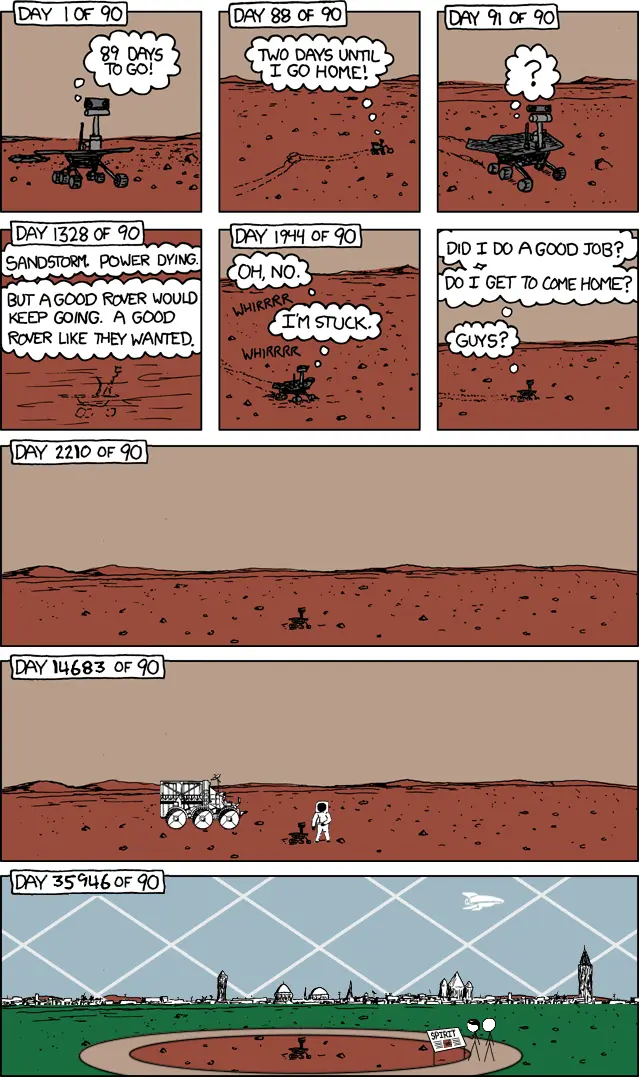I think your take is a bit extreme.
Currently their statement (regardless of the questionable justification) is largely correct, no major c++ projects have been written in a safe subset and no real work has really started yet. It isn’t practical.
I do agree with you that a safe form of c++, once fully implemented and not frustrating to use, could easily become viable, the feature can be added. But that’s still years away from practical usage in large project, and even when done, many projects will stick to the older forms, making the transition slow and frustrating.
The practical result is that he’s sort of right, if you just add the word “currently” to his statement.
Otoh, I do agree with you that rust cannot be the sole answer to this problem either, it’s almost as impractical to rewrite codebases in rust as an as-yet unfinished safe form of C++. Only time and lots of effort can fix this problem

We’ve already lucked into a solution to the population boom, the numbers will level off around 10 billion. Given how intractable population control is, we’re very lucky we’ve found this without some dystopian shitshow.
In the developed world we are approaching the opposite problem, we’re currently dependant on immigration to maintain our societies, but as the rest of the world stops growing we’ll have more trouble getting that immigration and won’t have the local young population to care for our elderly.
Given that we should be trying to figure out how to encourage a sustainable population whilst we still have time to do so. If we can choose between 1.9->2.2 children per couple as needed then we’ll be in a healthy position to slowly reduce the population to a comfortable level.
Right now our natural population decline in the developed world is too fast, probably because our society has made being a parent quite an individual burden. Of course, totally moving the costs to a societal model would be a disaster, but presumably there’s a middle ground where people are comfortable keeping the society going at a healthy rate.